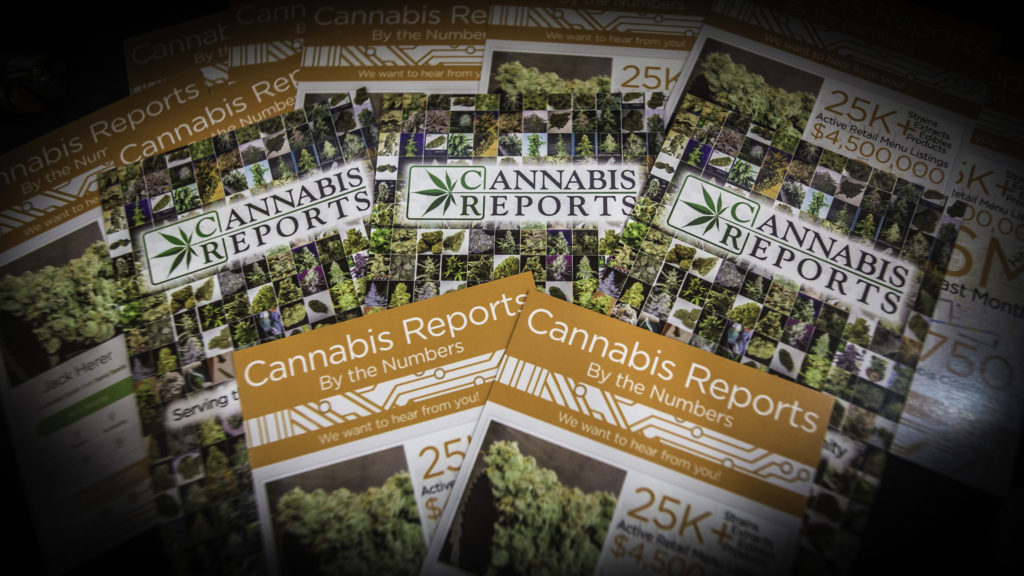
The reports on the state of cannabis for Canada have sallied forth from several sources. The reports do not agree on numbers yet since there’s also the black market sales to consider. BDS Analytics/ArcView does provide an executive summary to mull over.
Now what the reports agree on is that Canada successfully navigated a transition from black market recreational cannabis to legalized recreational cannabis. One of the main intents of the legislation was to reduce the illegal markets since consumers insisted on purchasing it.
The funds went for criminal and terrorist activities as well as supporting households. By legalizing it, the government gets tax monies and a more manageable public safety. Communities get what they desire in a legal product with the usual guarantees of quality and safety. It seemed like a positive new year for everyone, but not quite.
Transitions by their very nature become messy affairs fraught with unexpected surprises—some delightful and some uncomfortable. The government, the public, and cannabis business owners have begun to experience that full force of what legislation does as of December 2018.
Reports
BDS Analytics described the legalization process of recreational cannabis in Canada in October 2018 as rational. The market doubled from a 2017 figure of $569 million to $1.2 billion for total cannabis sales known (medical cannabis plus recreational cannabis). Canada has five large publicly traded licensed producers (LP’s) with a market capitalization of $20 billion by Dec. 26, 2018. These are Canopy Growth Corporation (TSX WEED), Tilray (TLRY: US), Aurora Cannabis (TSX:ACB), Cronos (TSX:CRON) and Aphria (TSX: APHA).
Deloitte also developed a state of cannabis. It does estimates for medical, illegal and legal recreational products. It predicted for 2019 a generation of $7.17 billion in sales. The firm believes the legal recreational market in Canada will reach $4.34 billion but could come in as low as $1.34 billion. Their analysts estimated current market size of $1.34 billion to $2.75 billion. It believes the Ontario market will have the most legal market sales at $0.52 to $1.06 billion. Presently the market in Ontario has a 0.70 to $1.68 billion range.
The Canadian government site does not provide money figures. It does give the counts by quarter and province of cannabis purchased. It delineates by dried cannabis to cannabis oil. For some areas, the stats do not register for the third and fourth quarter yet for licensed producers. It lists the amounts of what type of product sells of medical cannabis. The site has data on provinces, license, and registries for industrial hemp but no amounts.
For legal recreational cannabis, the government put in a table each province’s rules and information and there’s still no data yet on the wholesale markup of nonmedical cannabis and the Social Responsibility Fee (SRF) that went into effect Jan. 1. The Federal goods and services tax also began (GST).

Ontario 2019
Many investors have kept an eye on Ontario as an indicator of possible trends in the markets. On April 1 the provincial government will launch its strictly regulated private retail model. The wholesaler has been designated as the Ontario Cannabis Store. The rules will be specific to recreational cannabis. Its hubs recreational cannabis under AGCO (Alcohol and Gaming Commission of Ontario). In December, it placed a temporary cap on retail store authorizations, so the cannabis supply remains stable.
Ontario created a lottery and the winners have been chosen for the right to apply for the coveted recreational cannabis license. Most chosen were individuals, not corporations. The Ottawa Citizen did a story on the Eastern Ontario winners. These first 25 shops (five in East Ontario) will for a short time have a monopoly in that province on retail recreational cannabis sales.
So, offers from wholesale companies and growers have been pouring in to be partners in their new enterprise. So, begins the small business of Brandon Long and Daniel Telio, Karan Someshwar. A continued expansion for Patterson and Lavoie along with Pure Alpha Holdings in eastern Ontario. They can choose any city with a population of 50,000 or more for a license to operate their retail stores unless that community opted out.
The wheeling and dealing have begun with citizens in charge ensuring they get a fair way with the wholesalers needing a place to sell their cannabis. Citizens who won the lottery for a cannabis store must have it open by April 1. The seeking of spots and leasing of stores has begun and the citizens have contacted franchises and wholesalers to check deals.
Implications
Those citizens of those first 25 tickets get to shape retail recreational cannabis in its initial phase. What they create in the communities they chose and how they do customer relations becomes the new face of recreational cannabis.
So from pure luck in giving a name, email and phone number to a government lottery, to the implementation of an enterprise done by a few individuals, serving a need in the community makes the Far North just as wild as it began.
(Featured photo by Cannabis Reports via Flickr. CC By 2.0)

